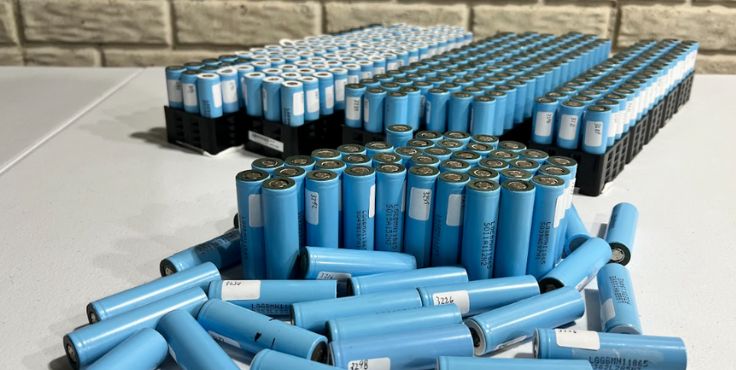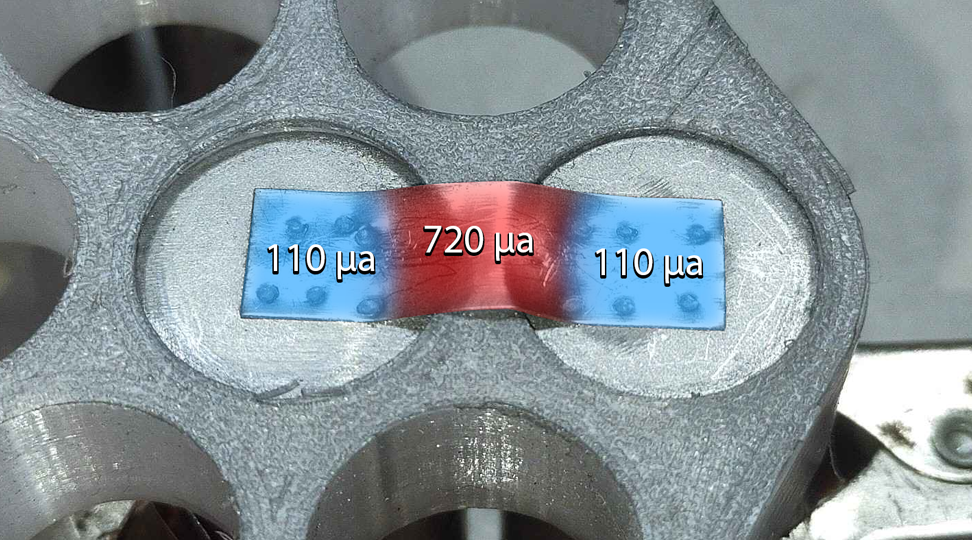
Is it safe to store lithium-ion batteries in the house
Yes. It’s completely safe to store lithium-ion batteries in the house. These batteries are the cornerstone of modern technology and are found in just about everything from smartphones to laptops to electric vehicles. So, chances are, you are already storing several lithium ion batteries in your house. As long as you avoid storing them next to heat sources, make sure they can’t easily get damaged or accessed by a child or pet, and other common sense practices, lithium ion batteries are totally safe to store in your home.
General Battery Storage Safety at Home
Lithium-ion batteries are not only prevalent but also remarkably stable under typical environmental conditions. Consider the devices in your own home—smartphones, tablets, laptops—all powered by lithium-ion cells and often left in places like cars or garages, even in hot climates like Florida's summers. The fact that severe incidents are rare under such common conditions is a testament to the inherent stability of these batteries.
Indeed, storing lithium-ion batteries in your home is almost unavoidable in today’s gadget-driven world. The risks associated with these batteries, primarily fire and explosion, are minimal when they are used and stored correctly. This is because the technology behind these batteries has evolved significantly to include various safety mechanisms such as vents, separators, and flame retardants that help prevent internal shorts and thermal runaway. You can also check our other articles on the best voltages for storing lithium batteries to expand your knowledge and extend battery life.
Most of the time, when a lithium related fire happens, it's due to poor design, overrated components, and improper use. Under normal circumstances, lithium ion batteries are extremely safe.
Best Practices for Battery Home Storage
Just because the chemistry is so evolved doesn't mean you shouldn't take care to properly store them. To store lithium-ion batteries safely at home, especially in larger quantities, consider the following guidelines:
Avoid Heat Sources
Heat is a primary enemy of lithium-ion batteries. Storing batteries near heat sources such as heaters, stoves, ovens, or in direct sunlight can increase the risk of thermal runaway, a condition where the battery overheats and potentially catches fire. Ideally, batteries should be stored in a climate-controlled environment, ideally between 65 and 75 degrees Fahrenheit.
Physical Protection
Physical damage is another risk factor. Batteries should be kept in a place where they cannot be easily dropped, bumped into, or punctured. Special care is required for lithium-polymer batteries (commonly referred to as LiPo batteries), which are even more sensitive to physical stress. Ensure they are stored in sturdy containers that prevent movement and cushion against impacts.
Child and Pet Safety
Store batteries out of reach of children and pets. Accidental ingestion of batteries can be fatal, and damaged batteries pose additional risks. Batteries should be kept in secure drawers or cabinets that children cannot easily access.
Environmental Concerns
Humidity and water can also degrade lithium-ion batteries. Moisture can enter the battery cells and lead to short circuits, so it’s important to store them in dry environments. Basements that might flood or areas of high humidity are not suitable for battery storage.
Lithium Battery Storage Closing
The answer to whether it’s safe to store lithium-ion batteries in your house is a definitive yes, provided you follow basic safety protocols. The dangers, while real, are highly manageable and can be mitigated with proper care and handling. Storing batteries in a cool, dry, physically secure environment minimizes the risk and ensures that they remain safe to use and handle.
Lithium-ion batteries can be safely stored in your home if you adhere to the recommended guidelines. By doing so, you not only protect your home and loved ones but also extend the life and efficacy of the batteries themselves. As with any technology, understanding and respecting the operational boundaries and safety measures is key to utilizing lithium-ion batteries effectively and safely.
We hope this article provides peace of mind when storing lithium ion batteries at home. Thanks for reading!


